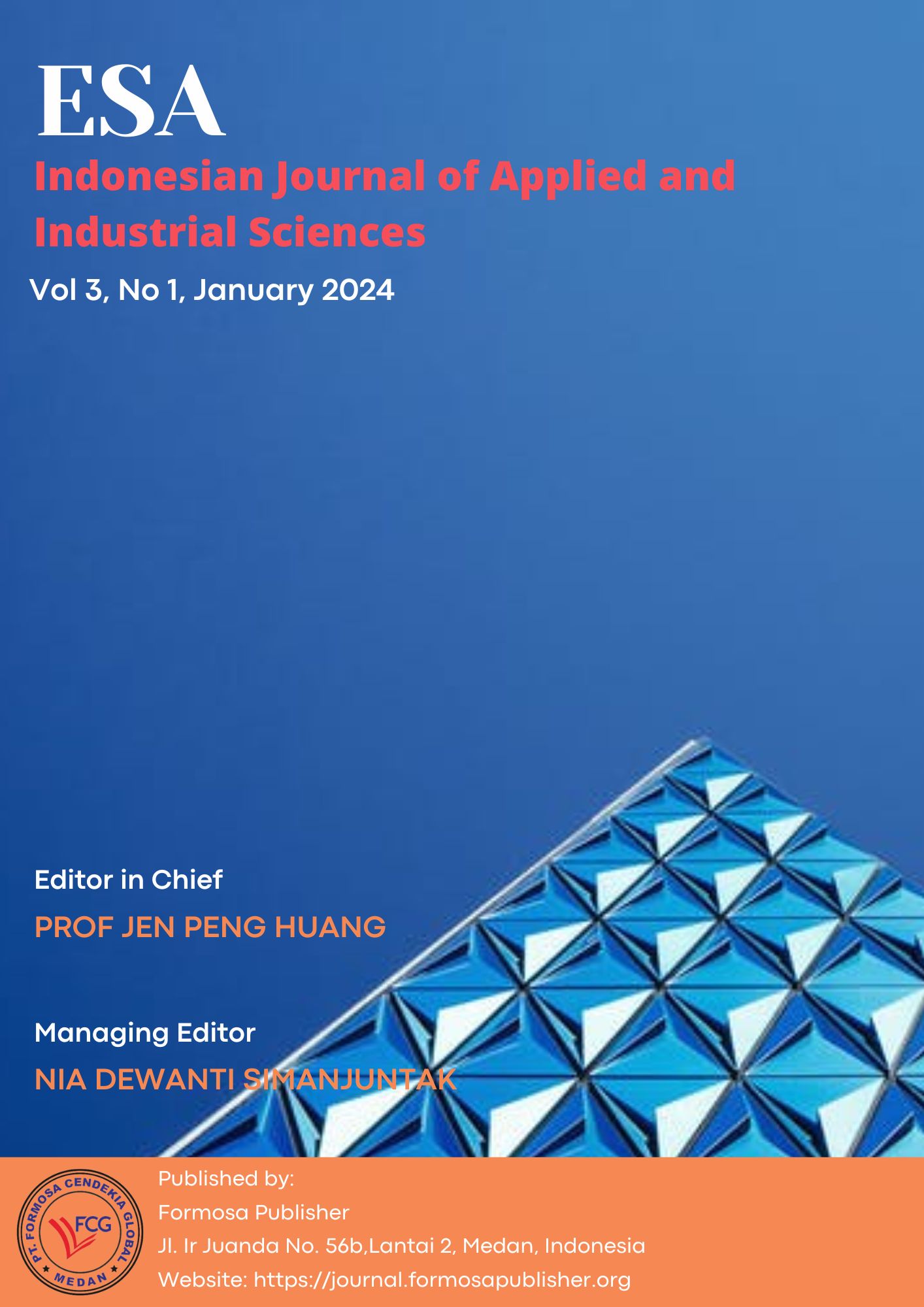Prose Literature as a Means of Expressing African Culture a Study of Chinua Achebes Things Fall Apart
DOI:
https://doi.org/10.55927/esa.v3i1.7375Keywords:
Prose literature, African Culture, Motherhood, NigeriaAbstract
This study examines prose literature as a means of expressing, African culture as presented in Buchi Emecheta’s “The joys of motherhood and Chinua Achebe’s Things fall apart respectively. The researcher looked at the history of African culture in Nigeria. A number of critical essays in which some of the realities that portray African culture were reviewed. It came to lime light that there is African culture among Africans as opposed to the notion being portrayed to the outside world by the Europeans. The conclusion is that these works, Things fall apart and The joys of motherhood continue to be a demonstration to show that there is an African culture. This is the main outlook of the novels in this research.
Downloads
References
Acheb, C. “The novelist as a teacher” in morning yet on creation day. London. Heinemann Educational Books Ltd, 1975. Print
Achebe, Chinua. Things fall apart, London: Heinemann Educational Books Ltd, 1958, Print
Adler, P and Barnard, N. The textile art of the Ashanti and the Ewe. New York: Thames and Hudson, 1992. Print
Arnold, M. Culture and anarchy. London: Oxford University Press, 1869. Print
Bernth, L. Folklore in Nigeria literature. Ibadan: Caltop publication, 2002. Print
Cuddon, J. A. the Penguin dictionary of literary terms and theory. England: Penguin Books, 1991. Print
Efua, T. S. the marriage of Anansewa. London: Longman, 1986. Print
Egejuru and Akubueze, P. Black Writers: White audience. New York: Exposition Press, 1978. Print
Emecheta, Buchi. The joys of motherhood. Ibadan: Heinemann Educational Books Ltd, 1979. Print.
Emenyonu and Oguzie. African literature for schools and colleges. Ibadan: University Press Plc, 2002. Print
Emenyonu, E. N. the rise of the Igbo novel. London: Oxford University Press. 1978. Print
Enclopedia America. USA: Scholastic Library Publishing Inc, Vol. 17. 2006. Print
Ezuma, B. and Ebunilo, B.O. Things fall apart in questions and answers. Onitsha: Omas Commercial, 1975. Print
Gakwandi, S. A. the novel and contemporary experience in Africa. New York: themes and Hudson, 1980. Print.
Igboanusi, H. “Understanding the Igbo culture”. Ihafa: A journal of African Studies. African cultural Institute, No. Vol.5 2004. Print
Oku, J. I. “Courtesans and Earth Mothers” in critical theory and African literature. Lagos: Heinemann Educational Books Ltd, 1987. Print
Onyeashie James, E. introduction to literature. Lagos: Subola Publishers, 2008. Print
Taiwo, O. Culture and the Nigerian novel. London: Macmillan Educational Ltd, 1982. Print
Tekpetey, K. “Black civilization and literature”. The arts and civilization of black and African peoples. Lagos: Third Press International Ltd, vo. 3. 1986. Print
Theodora, E. Artistic creativity: Literature in the service of society. Lagos: University of Lagos Press, 2008. Print
Downloads
Published
How to Cite
Issue
Section
License
Copyright (c) 2024 Eze Mabel Nkechinyere, Nnani Henrietta Nonye

This work is licensed under a Creative Commons Attribution 4.0 International License.






















